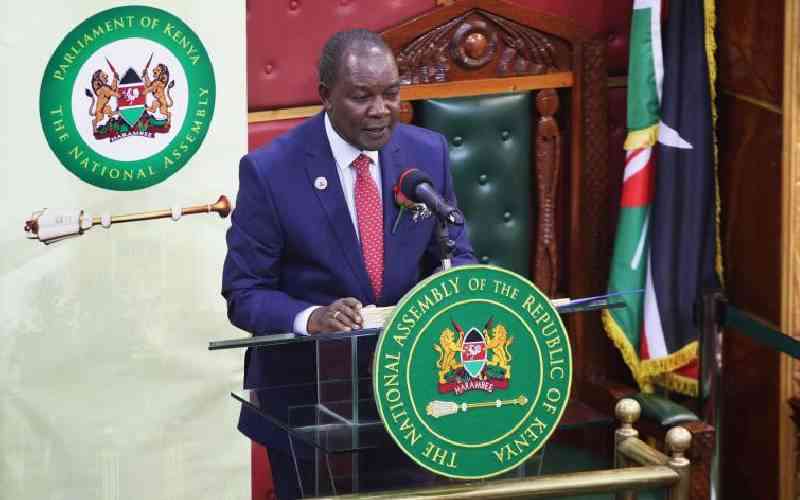×
The Standard e-Paper
Smart Minds Choose Us

The extent of rot in the education sector has once again come to the fore with the outgoing National Treasury Cabinet Secretary, Njuguna Ndung'u, raising questions on ministry data and capitation allocation to schools.
In his candid handover notes, Prof Ndung'u acknowledged the existence of ghost schools that have been receiving government funding.